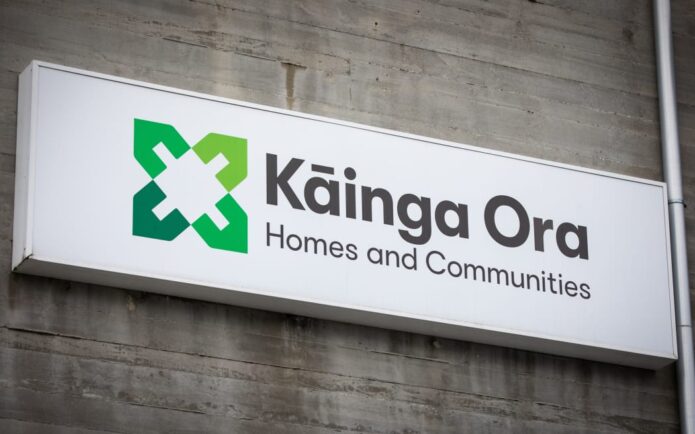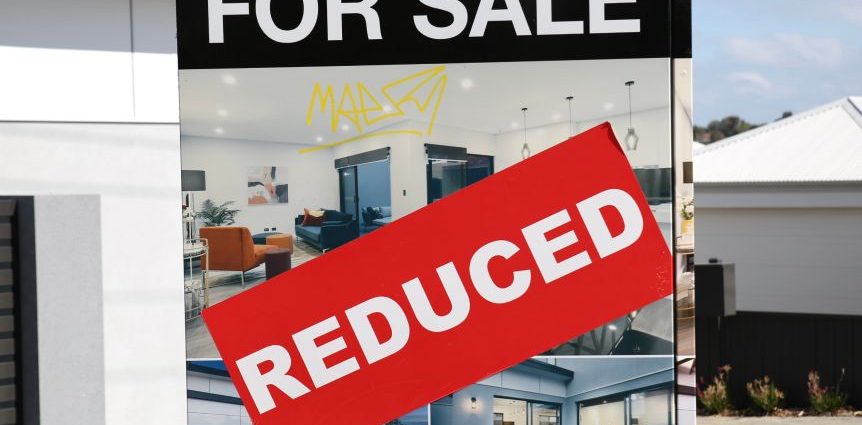PHOTO: FILE
New Zealand house prices fell by 2.3 percent in May compared to April, largely due to buyer caution amid high interest and council rates, according to Trade Me.
Over the year to May, prices rose by 0.9 percent, indicating a slowdown in annual growth, Trade Me’s property price index revealed on Wednesday.
“Seeing prices dip slightly isn’t unexpected as we head into winter. Annually, prices still show a modest increase of 0.9 percent, maintaining an overall upward trend for the fourth consecutive month,” said Trade Me spokesperson Casey Wylde.
Due to market dynamics and an increase in supply over demand, properties are taking longer to sell as buyers feel they have more time to make decisions, Wylde explained.
The Australian national median house price is up a HUGE amount
Last week, realestate.co.nz reported that house prices fell both monthly and annually by 0.8 and 1.6 percent, respectively.
New Zealand’s housing market has remained relatively flat with the official cash rate steady at 5.5 percent. The Reserve Bank is not expected to cut interest rates until early next year.
Regional Insights:
- Auckland: The average asking price was $1.06 million in May, a 2.3 percent decrease from April, according to Trade Me.
- Five-plus bedroom homes in Auckland City experienced a significant decline, dropping 9.9 percent from a year ago, which Wylde attributed to their high cost.
- Hawke’s Bay: Prices fell by 3.7 percent month-on-month to $728,250.
- Gisborne: This was the only region where average prices rose, increasing by 5.2 percent from April to $653,750. The ongoing recovery from Cyclone Gabrielle contributed to this rise, Wylde noted.
“Following the devastation caused by Cyclone Gabrielle last year, Gisborne’s housing supply and prices took a significant hit. We are now seeing the market there recover,” said Wylde.
Overall, New Zealand’s housing market is becoming “increasingly dynamic,” Wylde stated. “Housing supply has fluctuated in recent years but has generally been on an upward trend. Especially now, following the consent boom in 2022, we are seeing many of those projects completed and entering the market, primarily in major cities where the need for new housing is greatest.”













